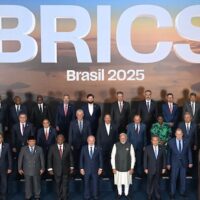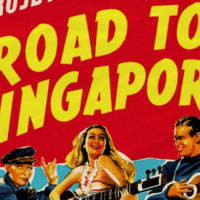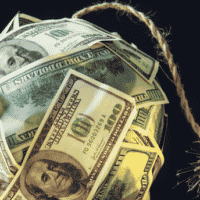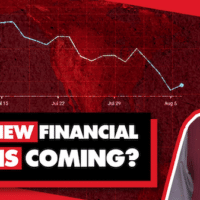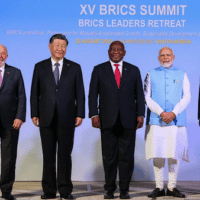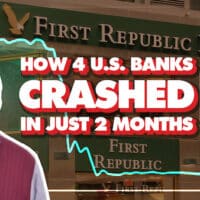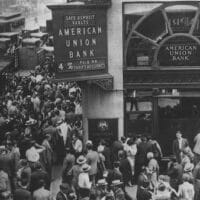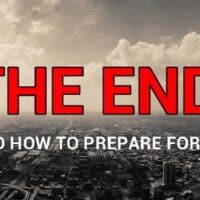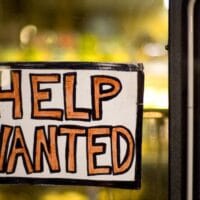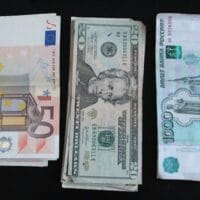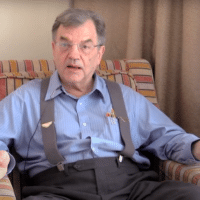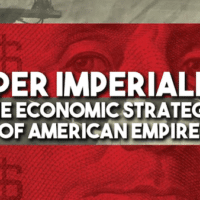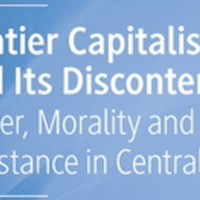-
Michael Hudson: How the Global Majority can free itself from U.S. financial colonialism
Economist Michael Hudson describes how China created an alternative to the Western neoliberal order, and how the Global South can challenge the rent extraction of US-centered financial colonialism.
-
Trump’s inverted view of America’s tariff history
Donald Trump’s tariff policy has thrown markets into turmoil among his allies and enemies alike.
-
The Road to Chaos – A Global Balance of Payments War
The 1940s saw a series of movies with Bing Crosby and Bob Hope, starting with the Road to Singapore in 1940.
-
Weaponizing the US. dollar
Trump has promoted a number of plans to make America strong—at other countries’ expense.
-
As stock market crashes, is U.S. facing new financial crisis? Economist Michael Hudson explains
The stock market crashed on August 5, in a new “Black Monday”. What caused it? Is the USA on the verge of a new financial crisis? Ben Norton is joined by economist Michael Hudson to discuss the extreme volatility.
-
How could a BRICS+ bank and settlement currency work? Economist Michael Hudson explains
Economist Michael Hudson details how BRICS could create a mutual settlement currency for payment imbalances among central banks and build an alternative to the financialized neoliberal model of the dollar/NATO bloc.
-
4 U.S. banks crash in 2 months
Economist Michael Hudson discusses the collapse of four U.S. banks in two months, giant JP Morgan Chase taking over First Republic Bank, and how government regulators are in bed with the bankers.
-
Why the U.S. banking system is breaking up
Economist Michael Hudson responds to the collapse of Silicon Valley Bank and Silvergate, and explains the similarities with the 2008 financial crash and the savings and loan crisis of the 1980s.
-
American diplomacy as a tragic drama
As in a Greek tragedy whose protagonist brings about precisely the fate that he has sought to avoid, the U.S./NATO confrontation with Russia in Ukraine is achieving just the opposite of America’s aim of preventing China, Russia and their allies from acting independently of U.S. control over their trade and investment policy.
-
The end of Western civilization
The greatest challenge facing societies has always been how to conduct trade and credit without letting merchants and creditors make money by exploiting their customers and debtors.
-
From junk economics to a false view of history: where Western Civilization took a wrong turn
It may seem strange to invite an economist to give a keynote speech to a conference of the social sciences. Economists have been characterized as autistic and anti-social in the popular press for good reason.
-
The Fed’s austerity program to reduce wages
To Wall Street and its backers, the solution to any price inflation is to reduce wages and public social spending. The orthodox way to do this is to push the economy into recession in order to reduce hiring. Rising unemployment will oblige labor to compete for jobs that pay less and less as the economy slows.
-
America shoots its own dollar empire in economic attack on Russia
Empires often follow the course of a Greek tragedy, bringing about precisely the fate that they sought to avoid. That certainly is the case with the American Empire as it dismantles itself in not-so-slow motion.
-
America defeats Germany for the third time in a century
The question to ask is what today’s New Cold War is trying to change or “solve.” To answer this question, it helps to ask who initiates the war. There always are two sides—the attacker and the attacked. The attacker intends certain consequences, and the attacked looks for unintended consequences of which they can take advantage. In this case, both sides have their dueling sets of intended consequences and special interests.
-
Michael Hudson – ‘Life and Thought’
Professor Hudson talked about his formative years, and his turn to economics from music as he found his mentor Terence McCarthy’s speech about economics beautiful and asethetic.
-
Super Imperialism: The economic strategy of American empire with economist Michael Hudson
Economist Michael Hudson discusses the update of his book Super Imperialism: The Economic Strategy of American Empire and the financial motivations behind the U.S. new cold war on China and Russia.
-
Central Asia’s neoliberal tragedy
Resilience cannot be restored without public spending, but the rentier business plan is to minimize taxes by shrinking the government, especially by privatizing its public utilities and other functions to create opportunities for charging monopoly rents, and to oppose taxation of economic rent.

